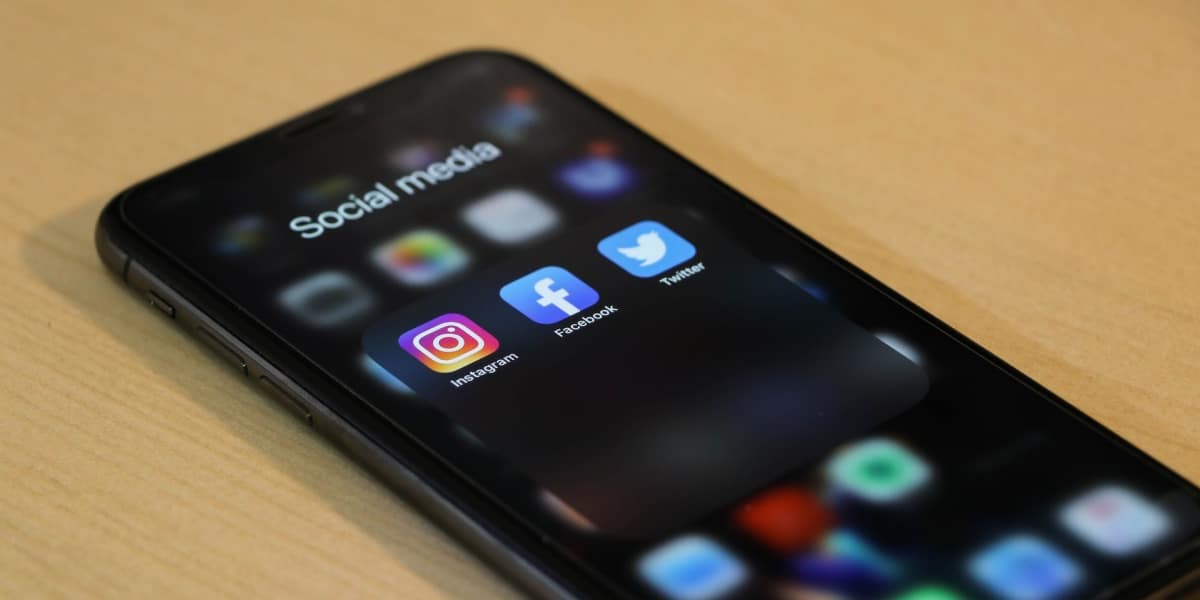Have you ever wondered who is responsible if you are hit by someone driving a company car after hours, or…
Social Media Use During an Injury Claim

In the world today, it is hard to imagine a life without social media. Facebook, Instagram, Twitter, and a plethora of other platforms, were introduced to our lives and are here to stay. For the most part, social media provides an innocent way for us to keep in touch with friends and family while documenting our milestones or even our hike on Wonderland Trail through Mount Rainier.
This innocence; however, can become compromised when the choice is made to make an injury claim against a third party; whether that be a driver that caused a collision, a medical clinic or physician, or for an allegation of abuse. From the start, you want to be mindful of your content, which includes photos, timeline posts, instant messenger, and so much more that makes up our social media profiles.
Managing Your Social Media with an Open Injury Claim
When making a personal injury claim, you in a sense open up your social media life to those involved in that claim, which could be the at-fault party, an insurance company or an attorney. For example, after an auto collision, you may be inclined to share photos, post a description of what happened or eve announce the anger or frustration on your timeline. While it may be normal practice to share these things, it more often than not has unforeseen consequences.
Social Media and Discovery During Injury Claim Litigation
Often we hear: “My account is private, how can they see anything?“ Keep in mind, a private profile is not always private. Should your claim go into litigation (filing a lawsuit with the court), your life within social media could become an open book. Your profiles will likely be searched by outsiders to locate any comment, photo or messages that discusses your claim. Discovery of this information could certainly compromise your case. This is why we say be mindful of what you post.
It has become standard procedure in a lawsuit that the defense will also to obtain all data from your social media; which is an entire file of your social media; photos, friends, timelines, messages, comments, etc. whatever is posted can be found. You might ask yourself “but why can they do this when it has nothing to do with my case?” this is because the requests for this information falls under the discovery stage of your case.
Discovery is a period of time in the beginning of your case that allows each side, plaintiff and defense, to obtain any and all information surrounding the claim you have made. The scope and limits of discovery is provided under Washington Superior Court Rule 26(b)(1). There is a possibility you have posted about the claim or lawsuit online, which, in turn, opens you up to possible having to disclose the data. Bottom line; if you don’t want it seen, don’t post it.
Should I Delete or Remove Social Media Content?
Another question we get is: “Ï had media posts before I had an attorney. Can I just take them down?” The short answer is no. if posts have been made or messages already sent, you must not delete any of those photos, comments or otherwise, as this could be considered destruction of evidence. Any display of the claim at hand becomes evidence in your case. Any posts or messages that are deleted after the fact, could easily cast doubt on the validity of your claim. In layman’s terms an issue in your case could become “what are they hiding?” From the start, leave your social media exactly how it is; do not change or delete any aspect.
Whether or not you are in the midst of a lawsuit, you should always be mindful of what is posted on social media. For many of us, as scroll through our friends or families social media accounts brings a closeness and happiness but as we all know, “what is put out on the internet, stays on the internet.” Enjoy your life, your friends and family, but also be cautious of your posts.
How Can Washington Law Center Help?
We work for you. We will always give you our best opinion but will follow your direction on which way you chose to proceed with your case. Please call the experienced attorneys at Washington Law Center for a free case review.





Comments (0)